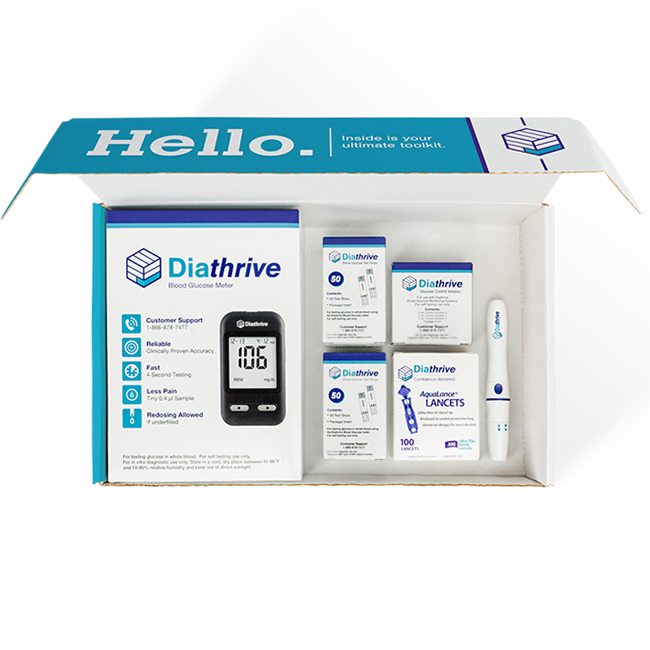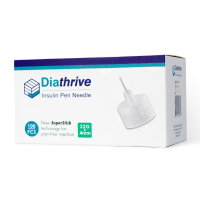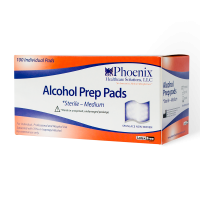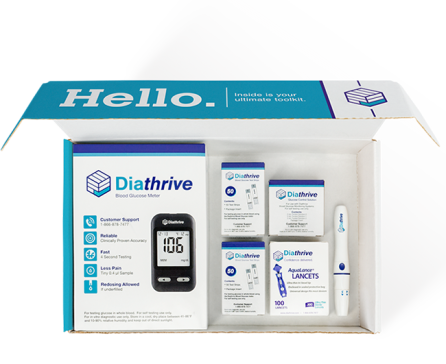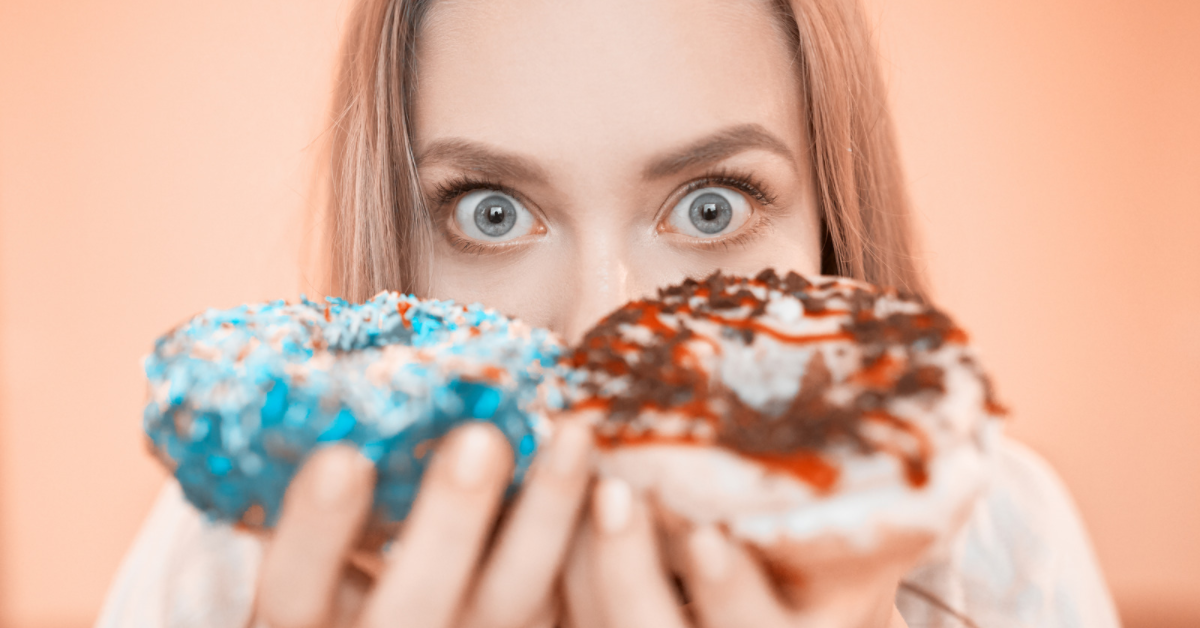
Let’s talk about the scientific reasons for craving sugar, the major sources of sugar in your diet (whether you know about them or not), and what to do about sugar cravings.
Most people crave sugar. If you google the words “Why do I crave sugar...”, here is what pops up:
| Why do I crave sugar... |
… after I eat? |
|
… on my period? |
|
|
… in the morning? |
|
|
… in the middle of the night? |
|
|
… after working out? |
|
|
… after a nap? |
|
|
… before bed? |
|
|
… after a workout? |
From the looks of the Google search results, sugar cravings can happen at any time. Rest assured, you don’t crave sugar solely because you have diabetes, but, when you are living with diabetes, managing your sugar intake becomes more important.
Whether you are living with type 1 diabetes or type 2 diabetes, your body has a hard time regulating the amount of sugar (glucose) in your blood. Diabetes happens when your body’s immune system attacks and destroys the cells in the pancreas that produce insulin (type 1 diabetes), or when your body doesn’t produce enough insulin or does not use it efficiently (type 2 diabetes). Insulin is the hormone that regulates the amount of glucose in your blood, so if you have problems with insulin, it affects the level of glucose in your blood which can cause serious problems.
Why do you crave sugar?
There are definitely reasons why people crave sugar. Some are more about your behaviors and emotions, others are more about how your body works, and some are even related to the way we live.
Let’s review some of the reasons we crave sugar:
-
Habits. Habits are things you do (good or not so good) as a normal part of your life. Brushing your teeth is an example of a habit that is good for you. Eating certain types of foods at certain times can also be a habit. For example, habits can include drinking a soda or coffee in the morning, having a snack when you get home from work, or having dessert after dinner. Almost anything can become a habit, but the trick is to develop healthy habits.
-
Emotion. Emotions can also trigger certain cravings. Memories or emotions, good and bad, can be associated with certain types of food. Remember that great summer when everyone roasted marshmallows over the fire? Maybe you crave marshmallows every summer because they are associated with happy memories.
Sugar also increases your body’s production of serotonin, which regulates mood, social behavior, appetite and even memory. Because sugar increases serotonin, you feel temporarily happy when you consume sugar, which causes your brain to crave more sugar. Sugar also triggers the release of dopamine, which is a chemical produced in your brain that motivates us to do things that make us happy. -
Diet. Although fats can be converted into energy, carbohydrate is the body's preferred source for fuel. It is easy for your body to convert carbs into glucose, the main energy source for your body. There are several dietary factors that can influence your cravings for sugar.
-
Protein and fats slow the absorption of glucose into your blood and act sort of like a regulator for your blood sugar. Low protein diets can cause your blood sugar levels to rise and fall inconsistently. When your blood sugar is low, you naturally crave sugar for quick energy. If you crave sweets one-to-two hours after you eat, you may need to increase the amount of protein and healthy fats you consume for each meal.
-
High carbohydrate diets have the same effect but for a different reason. Carbohydrates get into your bloodstream fast, causing a spike in blood sugar. The problem is carbohydrates don’t satisfy hunger very well, so you are soon hungry and want more. Unfortunately, because your body gets accustomed to the spikes in blood sugar from carbohydrates, you often have cravings for sugar when transitioning to a low or no-carbohydrate diet. When you are living with diabetes, one of the ways to bring blood sugar down at home is to monitor how many carbohydrates you eat.
-
Skipping meals can also cause sugar cravings. As your body’s fuel is diminished, you get more and more hungry, and reach for the quickest source of energy - often something high in sugar.
-
-
Stress. Did you know that when you are stressed, your body releases hormones like cortisol and glucagon that cause your blood glucose levels to rise? This is a natural reaction that gives you a burst of energy to deal with whatever is causing the stress. This burst “uses up” the glucose in your blood and can cause cravings for sugar to replenish your energy.
-
Sleep. Like stress, sleep deprivation increases cortisol levels, which affects blood sugar management. Lack of sleep can also increase your appetite.
-
Mineral deficiency. If you have low iron, you feel fatigued and weak, which can cause you to crave the quick energy that sugar provides.
Where does all this sugar come from?
Sugar is a natural component of all carbohydrates, so foods like fruits, vegetables, grains, and dairy products naturally contain sugar. Naturally occurring sugar is not what you should be most concerned about, though.
Sugar in natural foods like fruit contains fiber, minerals, and other nutrients. Foods containing fiber are digested more slowly, providing a steady source of energy for your cells.
Added sugar is more of a problem because you are consuming sugar in a more pure form, giving you a large dose without fiber, minerals, or nutrients. This is where sugar can cause problems.
Many foods have added sugar to either increase the flavor or extend their shelf life. Sugar can be hiding almost anywhere. The most common sources of added sugar for Americans are processed foods and things like soft drinks, fruit drinks, cereal, cookies, cake, and candy.
But you don’t get sugar only from foods that taste sweet. Sugar is often added to all kinds of food including bread, soup, cured meat, salad dressing, sauces, condiments like ketchup, and even french fries. Yes, french fries often contain dextrose, one of the many forms of sugar. Add some ketchup and you will get even more sugar.
All these sources of sugar can add up fast! Men in America consume about 24 teaspoons of added sugar a day, which is about 384 calories. Women are recommended to have no more than about 6 added teaspoons of sugar a day, and men no more than about 9 teaspoons. If you think about all the added sugar in food, it’s not hard to consume more than you should.
How do I know if sugar has been added to my food?
Some sources of sugar are easy to identify, like brown sugar, malt sugar, and powdered sugar. Basically if the ingredient mentions sugar, it’s in there. There are also some less obvious words like corn sweetener, corn syrup, molasses, fruit juice concentrate, and honey.
Perhaps the least obvious are the “-ose” words: dextrose, sucrose, lactose, maltose, fructose, and glucose are all forms of sugar.
Reading labels is a good way to know if sugar has been added to your food; you should also watch serving sizes. If the label says 5 grams of sugar per serving, but the serving size is small, you could be eating a lot more sugar than you think.
Did you know many condiments have sugar in them? Here's a list of some common condiments with hidden sugar.
How can I curb sugar cravings?
Curbing sugar cravings and balancing your diet helps reduce your blood sugar easily and naturally — recognize your habits and adopt new ones that eliminate sugar, find a substitute for your “go to” snack that is low in sugar, and eat well balanced meals at regular times to help avoid skipping meals. Make sure you get enough protein and healthy fats in your diet, too.
Manage stress and get adequate sleep. Exercise is a great way to reduce stress and help you sleep. Ask your healthcare provider if you often feel stressed and or have trouble sleeping because there might be an underlying condition that can be helped or corrected. You can also ask your health care provider to perform tests to ensure that you don’t have a mineral or other deficiency.
Perhaps the most important thing you can do to curb sugar cravings is be mindful of your diet. Check labels for added sugar, and avoid processed foods. Blood sugar highs and lows can trigger cravings, so if you find you are extra hungry or craving sugar, check your blood sugar so you have this important information before you eat.
Just because you are living with diabetes, doesn’t mean you can’t eat great food and snacks. There are lots of delicious diabetes-friendly snacks that can fill your craving for something sweet without all the sugar. Plus, Diathrive has great recipe ideas that are delicious and low in sugar right on our site.
Summary
Most people crave sugar, but that doesn’t mean cravings are something you have to indulge. Take some time to identify the triggers for your craving.
What habits and emotions cause you to crave sugar? Are you making healthy snack choices? Are you eating a balanced diet? With just a little information, you can take steps to curb your craving for sugar.
Consult with your healthcare provider, especially if you are living with diabetes. It is hard to quit sugar “cold turkey” because this could actually increase your craving. By being mindful of what and why you eat, you can immediately reduce your sugar intake.
Sources:
The sweet danger of sugar | Harvard Health
Sugar, sugar, everywhere part II: Why do I crave sugar? | Multi Care

